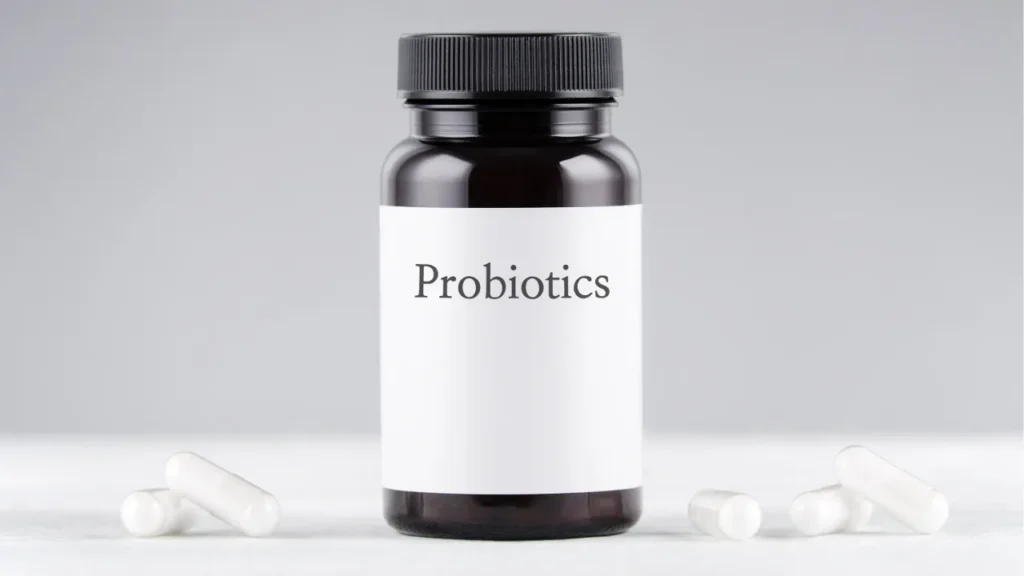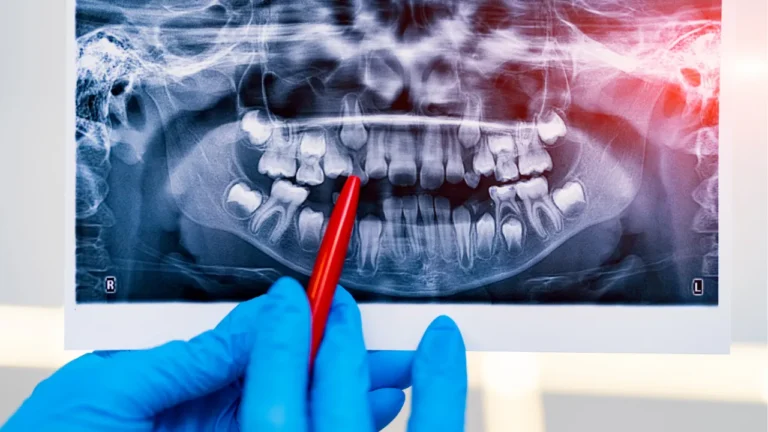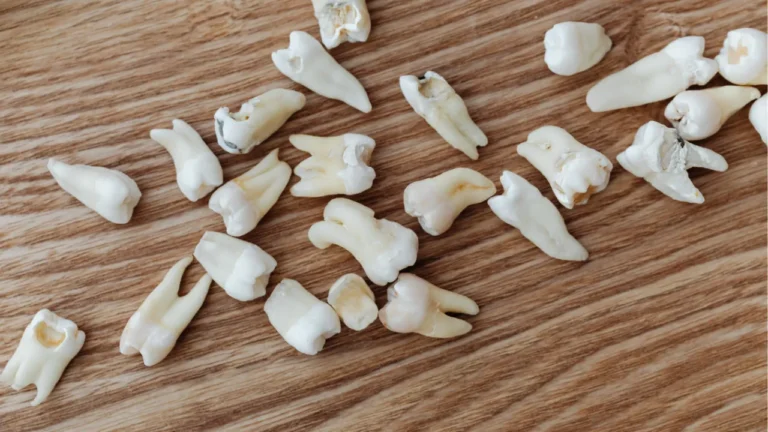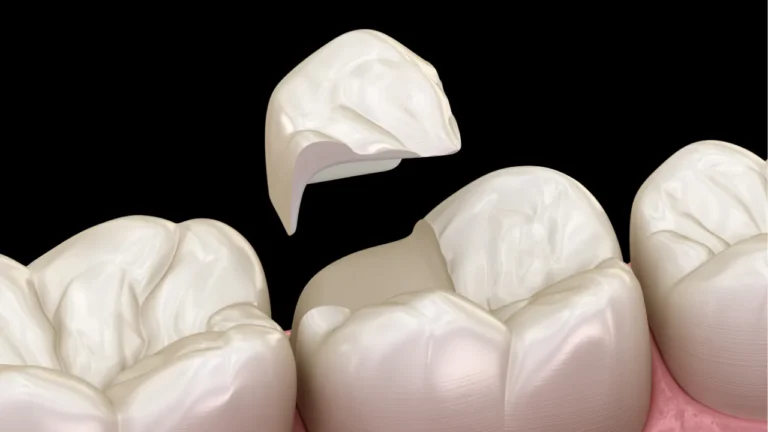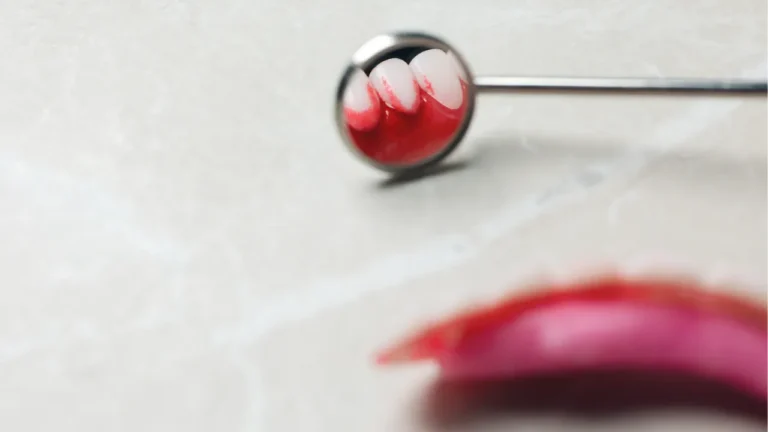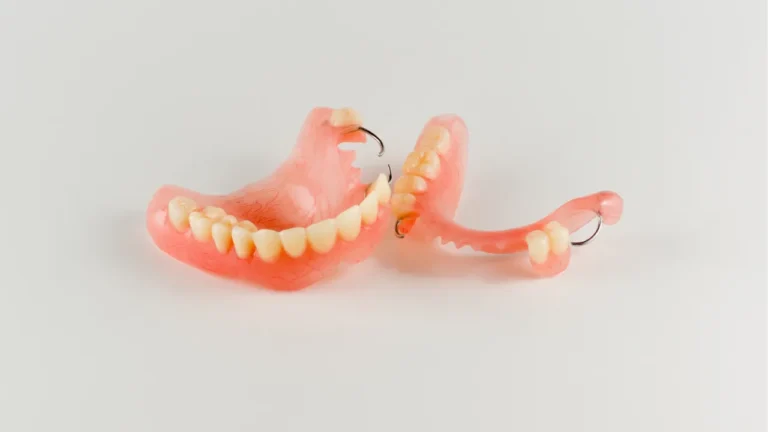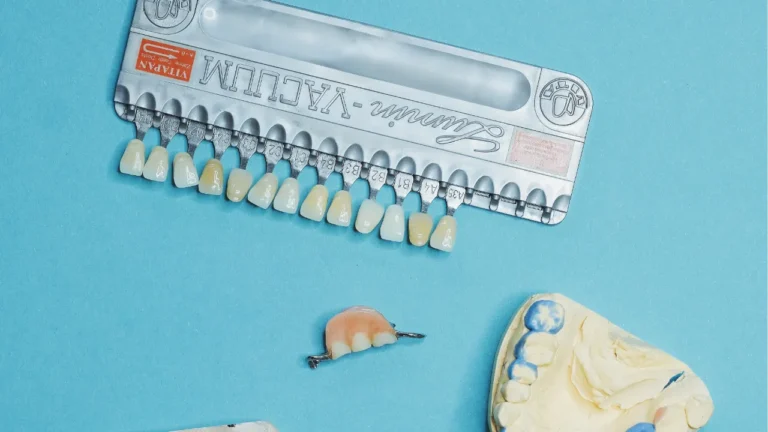Probiotics support oral health by balancing the bacteria in your mouth — helping reduce plaque, fight gum disease, prevent bad breath, and support a healthier smile overall.
While probiotics are best known for gut health, recent studies show they also benefit your teeth and gums by crowding out harmful bacteria.
This makes them a promising addition to your oral hygiene routine, especially when used alongside brushing, flossing, and professional dental care.
Quick Summary
- What they do: Balance mouth bacteria, reduce plaque, fight gum disease, freshen breath.
- Best for: Gum health, cavity prevention, bad breath, and managing oral thrush.
- Important: Use alongside brushing, flossing, and dental check-ups — not as a replacement.
What Are Probiotics?
Probiotics are live microorganisms (usually beneficial bacteria) that support the natural balance of your body’s microbiome.
While they’re best known for improving digestion, certain probiotics are now being studied for their oral health benefits.
Your mouth is home to hundreds of species of bacteria. Some are harmful, causing tooth decay and gum disease — but others are helpful, protecting your teeth and gums.
How Probiotics Support Oral Health
By introducing more “good” bacteria into the mouth, oral probiotics may:
- Reduce harmful bacteria that cause cavities, gingivitis, and bad breath
- Balance the oral microbiome, making it harder for disease-causing microbes to take over
- Strengthen the immune response in gum tissue
- Help manage dry mouth by promoting a healthier saliva environment
Conditions That May Benefit from Oral Probiotics
1. Gum Disease (Gingivitis and Periodontitis)
Certain probiotic strains can reduce inflammation and bleeding by restoring balance to the bacteria in the gums.
2. Tooth Decay
Some probiotics help lower levels of Streptococcus mutans — one of the main bacteria responsible for cavities.
3. Bad Breath (Halitosis)
Probiotics may target sulphur-producing bacteria at the back of the tongue, improving long-term breath freshness.
4. Oral Thrush (Candida Overgrowth)
By boosting helpful microbes, probiotics can help prevent fungal imbalances in the mouth.
How to Take Oral Probiotics
Probiotics for oral health are available in a few different forms:
- Lozenges or chewable tablets
- Probiotic mouth rinses
- Specialised toothpaste with probiotic strains
- Dietary supplements that also support gut and immune health
Be sure to choose products that are specifically designed for oral health, and check for strains such as Lactobacillus reuteri, Lactobacillus salivarius, and Streptococcus salivarius K12.
Important Note: Probiotics Are a Supplement, Not a Substitute
While probiotics may support your dental health, they don’t replace the basics:
- Brushing twice a day
- Flossing daily
- Visiting your dentist regularly
- Avoiding excessive sugar and processed foods
Think of probiotics as a helpful add-on — not your primary defence.
Stay Ahead with Every Smile Dentistry
Probiotics may be a new chapter in dental care, and we’re excited to see how science continues to evolve.
If you’re curious about adding oral probiotics to your routine, we’re happy to advise you based on your specific dental needs.

